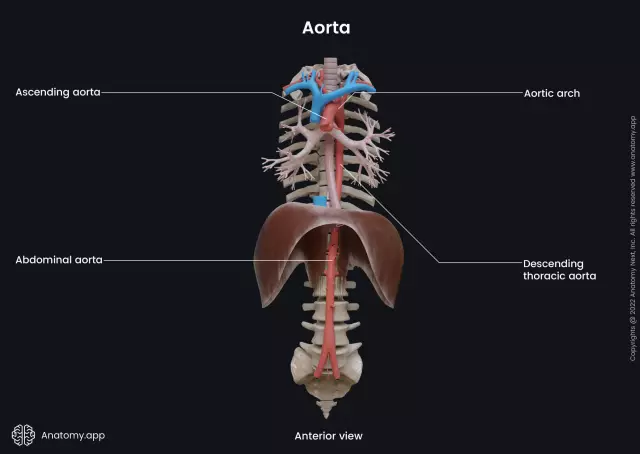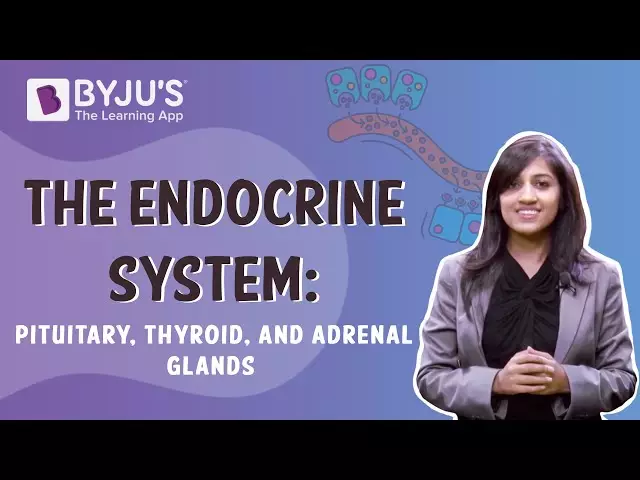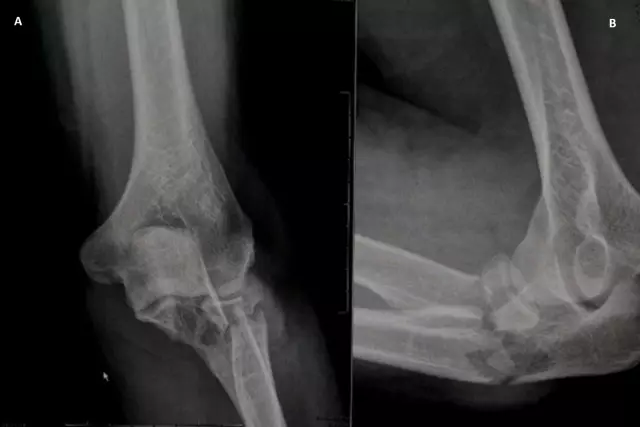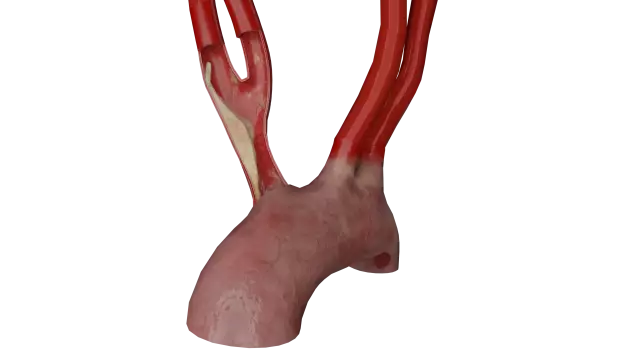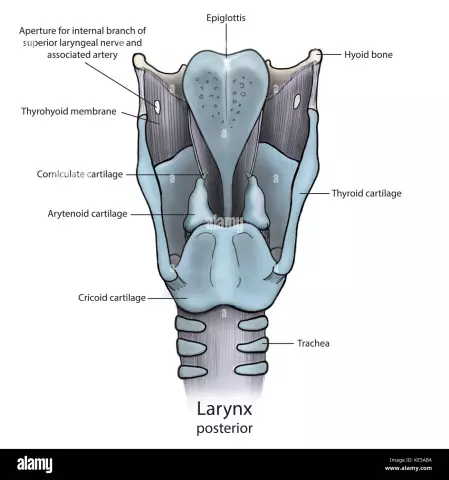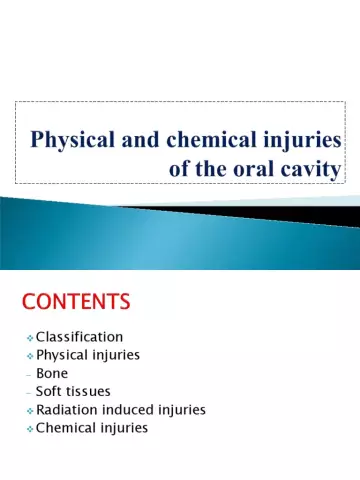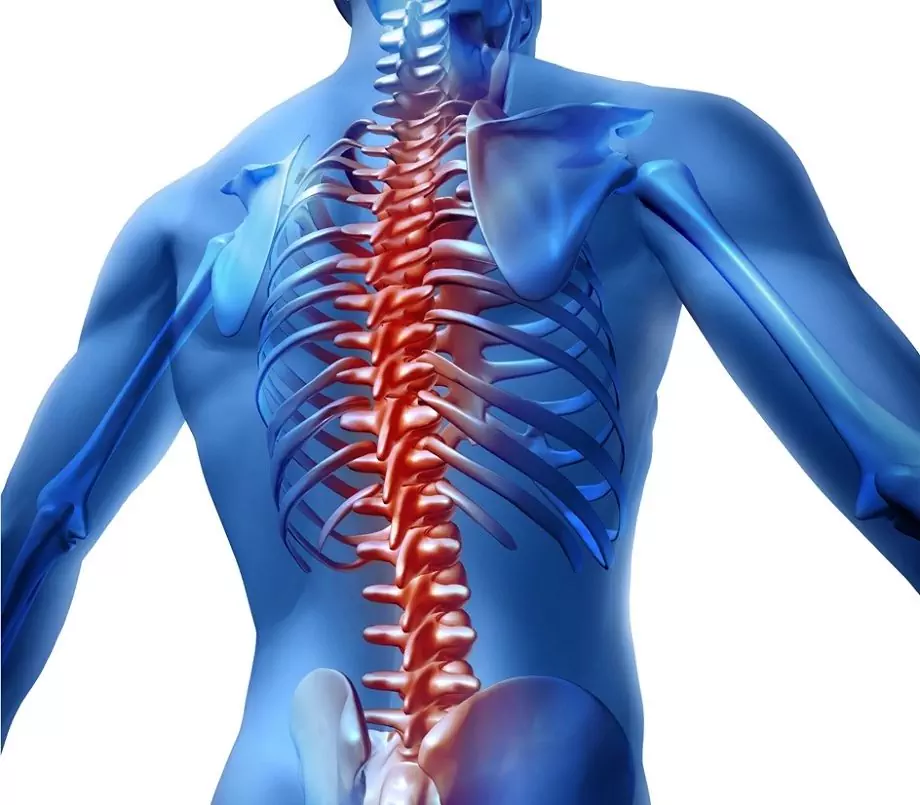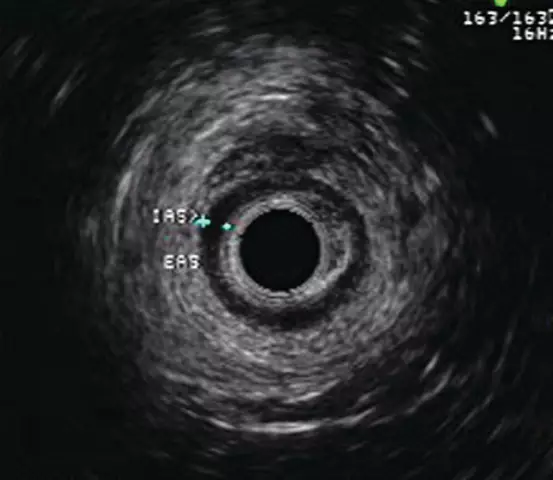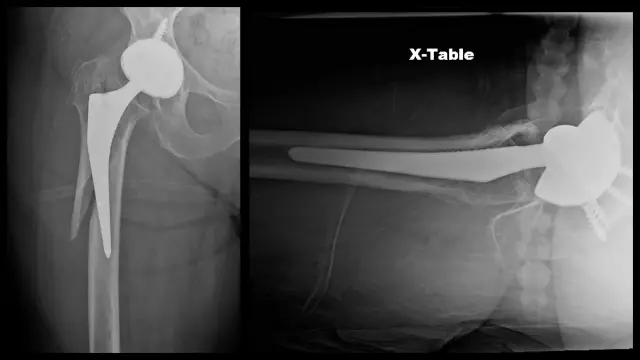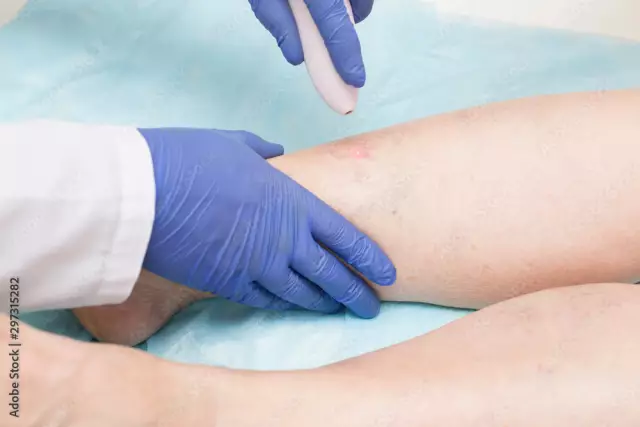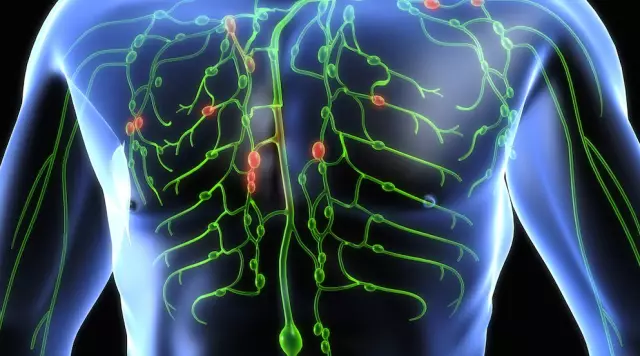Human organs
Last modified: 2025-11-02 20:11
The tailbone is the lower part of the human spine, which consists of four or five fused rudimentary vertebrae
Last modified: 2025-11-02 20:11
The bronchi are part of the airways that conduct air. Are the tubular branches of the trachea
Last modified: 2025-11-02 20:11
The lacrimal gland is part of the lacrimal apparatus and is designed to release tears into the conjunctival sac
Last modified: 2025-11-02 20:11
The muscles of the chest (or chest) are divided into several groups: the muscles that act on the joints of the shoulder girdle and the muscles of the chest
Last modified: 2025-11-02 20:11
The thoracic aorta is the largest human arterial vessel, which serves as the beginning of the systemic circulation
Last modified: 2025-11-02 20:11
The muscles of the lower extremities are divided into lumbar and free muscles, and include muscle groups of the buttocks, calves, feet and thighs
Last modified: 2025-11-02 20:11
The kidneys are a paired, bean-shaped organ that forms urine. The kidneys are located in the retroperitoneal space on either side of the spine
Last modified: 2025-11-02 20:11
The neck muscles support the head, and provide it with mobility, and also take part in the processes of breathing, swallowing and pronunciation of sounds
Last modified: 2025-11-02 20:11
Endocrine glands - endocrine glands responsible for the production of hormones. Are directly involved in the metabolic processes of the body
Last modified: 2025-11-02 20:11
The labia are part of the female external genitalia. They are two folds of skin located in the longitudinal direction on the sides of the genital slit
Last modified: 2025-11-02 20:11
The stomach is a J-shaped, hollow muscular organ of a person, consisting of three parts and serves to digest food
Last modified: 2025-11-02 20:11
The ulna has three faces and three surfaces. It consists of the distal and proximal epiphyses and the body of the bone itself
Last modified: 2025-11-02 20:11
Aortic arch - the part of the aorta that is located between the ascending and descending aorta
Last modified: 2025-11-02 20:11
The metatarsal bones are five tubular short bones that form the metatarsus - the part of the foot between the phalanges of the fingers and the tarsus
Last modified: 2025-11-02 20:11
The iliac artery is the largest human artery (after the aorta). Divided into two arteries: the external iliac and the internal iliac
Last modified: 2025-11-02 20:11
The larynx is the upper part of the respiratory tube in the front of the neck, which plays an important role in the formation of sounds and speech
Last modified: 2025-11-02 20:11
The cecum is the initial section of the large intestine in the form of a sac, located immediately after the ileocecal valve in the region of the right iliac fossa
Last modified: 2025-11-02 20:11
The oral cavity is the initial section of the human digestive system, in front it opens with the mouth gap, behind it communicates with the pharynx
Last modified: 2025-11-02 20:11
The spine is a complex receptacle of the spinal cord and nerve roots, the main part of the axial skeleton. Consists of 24 vertebrae
Last modified: 2025-11-02 20:11
The anal sphincter consists of an internal and external part and controls the excretion of feces
Last modified: 2025-11-02 20:11
The humerus is a long tubular bone consisting of the distal lower and proximal upper epiphyses
Last modified: 2025-11-02 20:11
Large intestine - the final section of the digestive tract, which is divided into several sections: rectum, colon, cecum with appendix
Last modified: 2025-11-02 20:11
The uterus is a smooth muscle hollow organ, the main purpose of which is reproductive function (embryo development and fetal bearing)
Last modified: 2025-11-02 20:11
The superior vena cava is a short vein located in the anterior mediastinum and draining into the right atrium. Its tributaries are the brachiocephalic veins
Last modified: 2025-11-02 20:11
Renal artery - a paired blood vessel that supplies blood to the kidney through the apical, posterior, inferior, and anterior segments
Last modified: 2025-11-02 20:11
The femur is the bone that serves as a lever of movement and is the largest and longest bone in the skeleton
Last modified: 2025-11-02 20:11
Veins - blood vessels that provide the outflow of blood saturated with decay products and carbon dioxide and transport it to the heart
Last modified: 2025-11-02 20:11
The veins of the lower extremities are three systems of veins (perforating, superficial and deep). Up to 90% of blood is pumped through deep veins
Last modified: 2025-11-02 20:11
Hair is formed from the outer layer of the skin and is the fastest growing organ. Consist of protein enriched with vitamins and minerals
Last modified: 2025-11-02 20:11
The pulmonary artery is a paired blood vessel that carries venous blood to the lungs and takes part in the pulmonary circulation
Last modified: 2025-11-02 20:11
The sacrum is a single bone formed by five bodies of the sacral vertebrae, fused together
Last modified: 2025-11-02 20:11
Bile ducts - a system of excretory ducts through which bile from the liver and gallbladder enters the duodenum
Last modified: 2025-11-02 20:11
Anus - the opening of the lower part of the anal canal, surrounded by sphincters, and designed to extract fecal matter
Last modified: 2025-11-02 20:11
Teeth are bony formations in the mouth that capture, hold, and chew food. In addition, they take part in the formation of sounds
Last modified: 2025-11-02 20:11
The mammary glands are glandular paired organs designed for the release of milk in women after childbirth
Last modified: 2025-11-02 20:11
The lymphatic system is a part of the vascular system that complements the cardiovascular system and takes part in metabolism
Last modified: 2025-11-02 20:11
The human eye is surrounded by six eye muscles, which, according to their action, are divided into the following groups: lowering, raising, adducting and abducting eye muscles
Last modified: 2025-11-02 20:11
Abdominal muscles - a group of muscles located in the human abdominal cavity that provide protection for internal organs
Last modified: 2025-11-02 20:11
The patella is a large human sesamoid bone located in the thickness of the quadriceps of the thigh. Takes part in the work of the knee joint
Last modified: 2025-11-02 20:11
The adrenal glands are paired endocrine glands that are located above the kidneys





